
The world stage is a complex interplay of victories and losses. While events like the EURO 2024 and the Olympic Games ignite a spirit of unity and shared humanity, darker contexts cast a long shadow over our collective progress. Poverty, violence, and human rights abuses, among other pressing issues, disrupt the delicacy of peace, security, and development. Yet, amidst these challenges, the power of friendship emerges as a potential beacon of hope.

At the heart of this complex picture lies the crime of human trafficking. A scourge of modern slavery, it ensnares an estimated 40.3 million people worldwide, according to the International Labour Organization (ILO).
This staggering figure underscores the scale of a crime that knows no borders. Human trafficking is a global issue, with countries serving as sources, transit points, or destinations for victims.
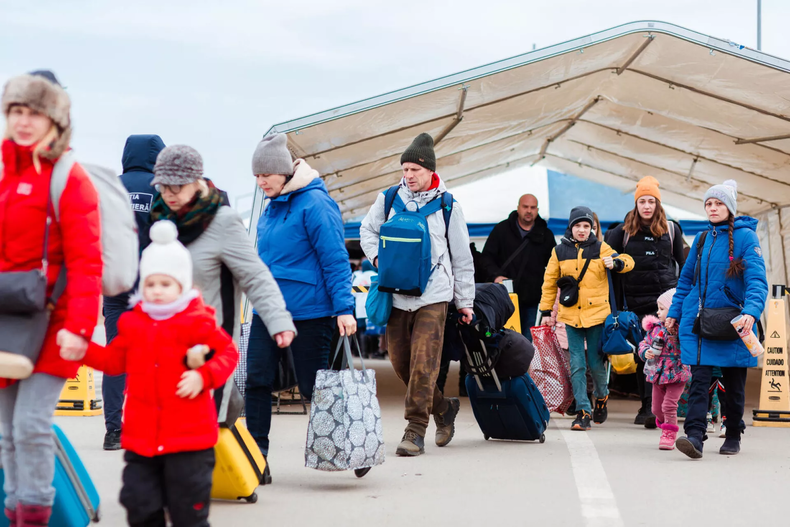
The ongoing crisis in Ukraine has worsened this already dire situation. The UN Refugee Agency (UNHCR) reported that as of February 2024, nearly 6.5 million Ukrainians had fled their homeland, joining an estimated 3.7 million internally displaced persons.
This mass displacement has created a fertile ground for human traffickers, who exploit vulnerable populations. A stark illustration of this is the significant increase in online searches for Ukrainian women in the escort industry following the invasion.
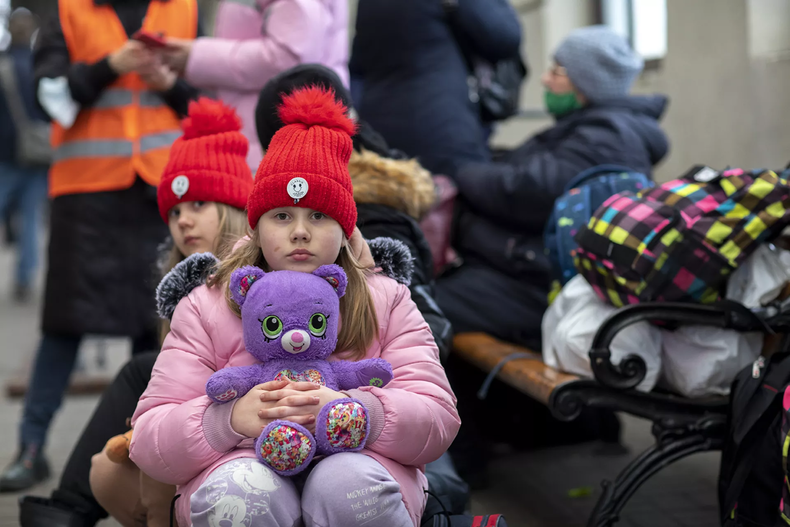
Children are particularly vulnerable to the clutches of traffickers. UNICEF estimates that millions of children are victims of forced labor, sex trafficking, and other forms of exploitation. Despite concerted global efforts, progress in combating child trafficking remains slow, emphasizing the urgent need for intensified action.
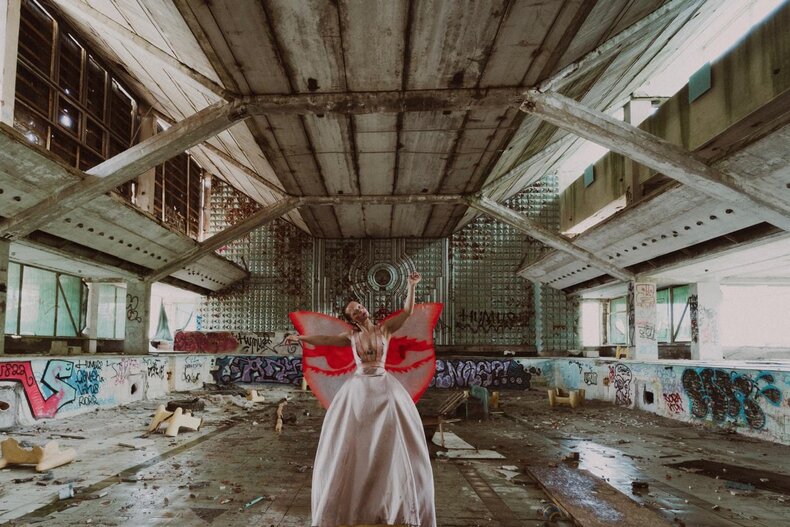
Addressing this crisis requires a multifaceted approach. While governments and international organizations play a pivotal role in developing and implementing anti-trafficking policies, the contribution of individuals and civil society is equally crucial.
Initiatives like the "The METAMORPHOSIS" collection by Liselott Marie Linsenhoff, in partnership with UNICEF Deutschland, exemplify the power of art and activism in raising awareness and supporting survivors.
"We strive to encourage individuals to pay closer attention to their surroundings, take action, and stand in solidarity with those who have been victimized. It is a tribute to the resilience of the human spirit and a celebration of the transformative power of feminism,” says Liselott Marie Linsenhoff.
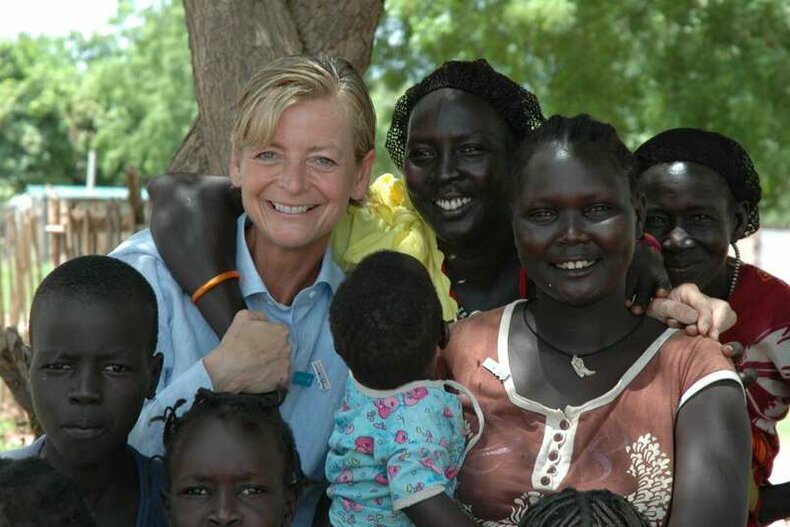
World Friendship Day, celebrated annually on July 30th, offers a unique opportunity to reflect on the role of friendship in building a more just and equitable world. Rooted in the principles of the Culture of Peace, as adopted by the UN General Assembly in 1997, the day emphasizes values like understanding, tolerance, and solidarity.
“These values are fundamental to combating human trafficking and fostering a world free from exploitation,” says Ann Kathrin Linsenhoff.
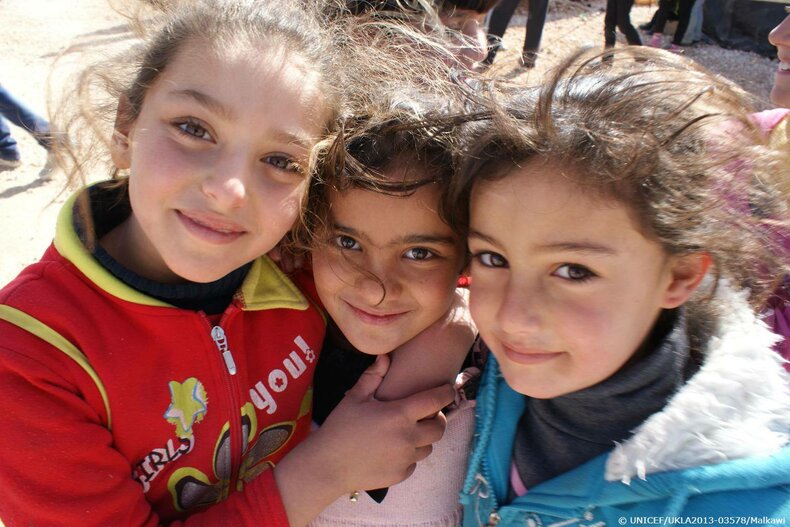
By cultivating stronger bonds of friendship and cooperation, we can create a more resilient and compassionate global community. This involves not only supporting victims of trafficking but also addressing the root causes of the problem, such as poverty, inequality, and conflict. It also necessitates challenging harmful stereotypes and prejudices that contribute to the vulnerability of certain groups.
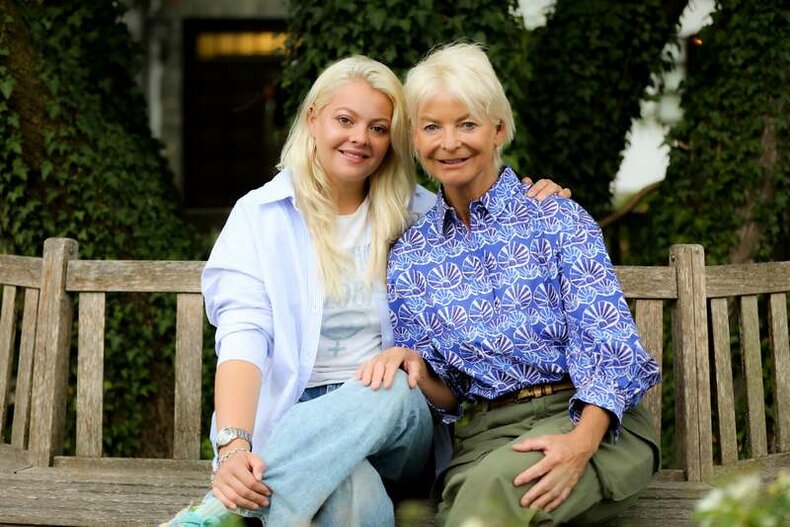
While the challenges are immense, the power of friendship and solidarity can be a driving force for positive change. By working together, we can create a world where everyone enjoys the fundamental right to freedom and dignity.
Yours
sincerely

